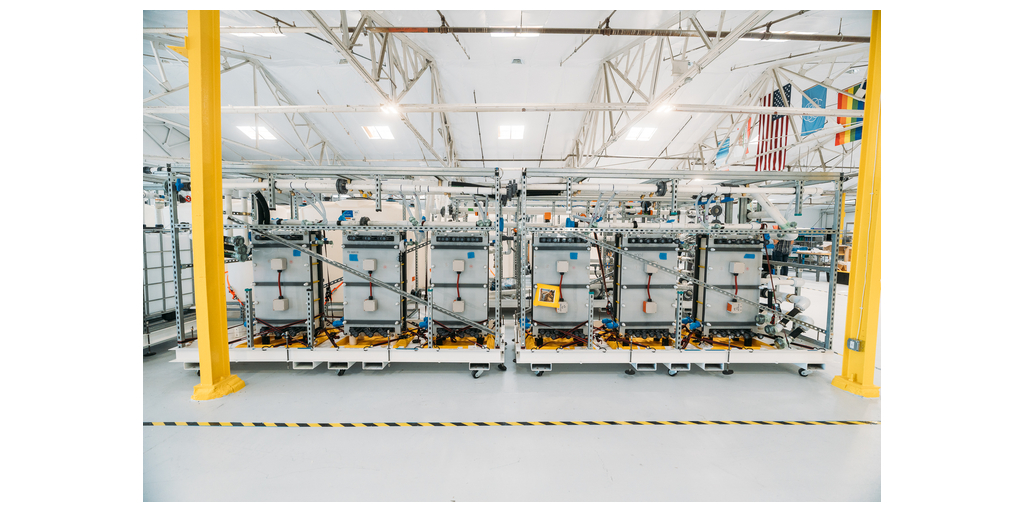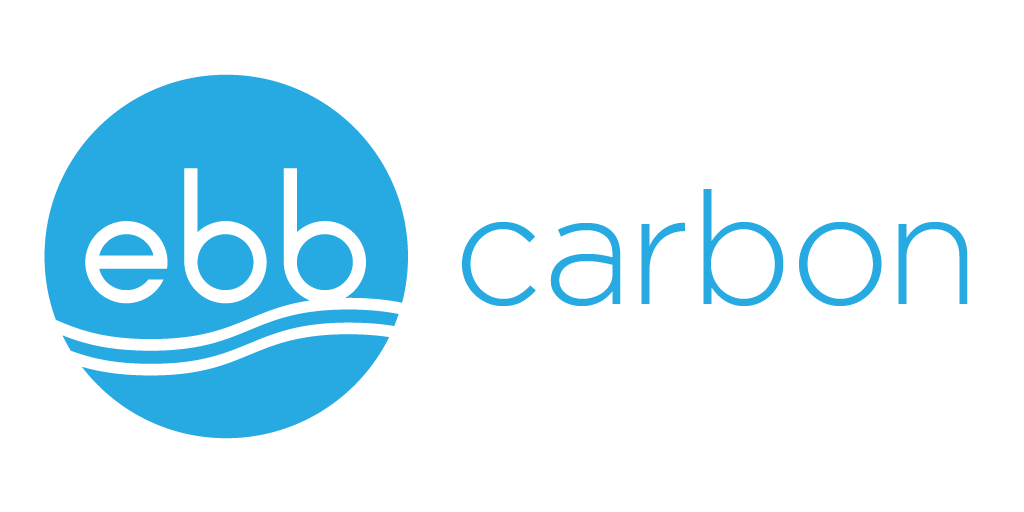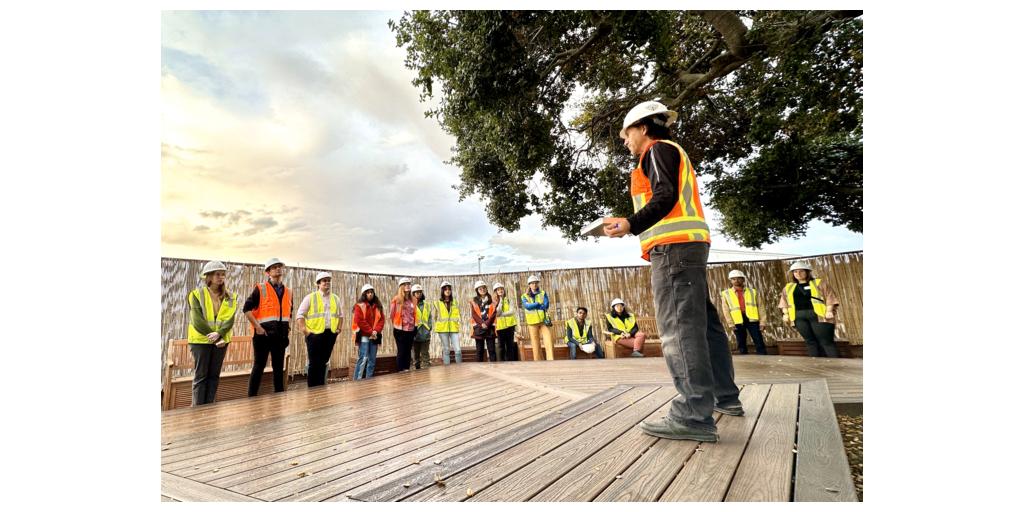Credits will be delivered using Isometric’s new OAE protocol
SOUTH SAN FRANCISCO, Calif.–(BUSINESS WIRE)–Ebb Carbon has signed an agreement with Microsoft to remove up to 350,000 tonnes of CO2 over the next 10 years using Ebb Carbon’s Electrochemical Ocean Alkalinity Enhancement (OAE) – a method that increases the ocean’s natural ability to draw down and permanently store atmospheric CO2. The agreement calls for Ebb Carbon to deliver an initial 1,333 tons of removals with options to purchase an additional 350,000 tonnes potentially available over 10 years.
To measure, report, and verify CO2 removed with its technology, Ebb will utilize Isometric’s recently-announced OAE protocol – the first such protocol published by a carbon registry for this promising removal pathway. Isometric’s protocol will ensure that Ebb Carbon’s credit deliveries to Microsoft meet the highest standards of scientific rigor and transparency.
“Microsoft is setting a powerful example with its commitment to becoming carbon negative by 2030 and by using its purchasing power to accelerate the most promising climate solutions. This agreement underscores the potential of Ebb Carbon’s technology to contribute meaningfully to gigaton-scale carbon removal in the years ahead,” said Ben Tarbell, CEO of Ebb Carbon
“The ocean is a critical part of the carbon cycle,” said Brian Marrs, Senior Director of Energy & Carbon Removal at Microsoft. “Ebb has developed technology to leverage the natural attributes of the ocean – its massive surface area and natural ocean processes that already pull CO2 from the atmosphere – to durably remove and store large volumes of atmospheric carbon. We are pleased to collaborate with Ebb to both accelerate the scientific foundation for ocean-based carbon dioxide removal and explore the potential of ocean-based carbon removal solutions at scale.”
“It’s great to see Microsoft and Ebb using Isometric’s first of its kind Ocean Alkalinity Enhancement (OAE) protocol to verify carbon removal,” said Stacy Kauk, P.Eng., Chief Science Officer, Isometric. “OAE is promising because of the vast surface area of the ocean. This same fact requires careful monitoring, reporting and verification (MRV). Isometric’s protocol requires measurements and the use of internationally recognized ocean models to quantify carbon removal so buyers and suppliers can be sure one credit equals one tonne of carbon dioxide removed from the atmosphere. This is another step towards creating trust and transparency in carbon markets.”
OAE leverages a natural process that occurs over geologic timescales as alkalinity is produced through the slow weathering of rocks. These alkaline minerals flow into the ocean where they convert CO2 in seawater into bicarbonate and carbonate ions that securely store carbon for more than 10,000 years. The resulting CO2 deficit is quickly rebalanced as surface waters in the ocean draw down additional CO2 from the atmosphere.
Ebb Carbon’s electrochemical OAE process uses bipolar electrodialysis (BPED) technology to separate seawater into acidic and alkaline streams. The alkaline stream is then returned to the ocean, where it mimics natural alkalization, converting CO2 in seawater into bicarbonate ions and enabling the ocean to absorb additional CO2 from the atmosphere. This process not only removes atmospheric carbon but also helps counter rising ocean acidification, a damaging effect of climate change that threatens marine life and coastal ecosystems. Selected for its low energy intensity and low capital costs, BPED is a mature and well-developed technology deployed at scale in industries such as winemaking and wastewater treatment.
The ocean has absorbed around 30 percent of all carbon dioxide emitted since the industrial revolution. Ebb is leveraging the natural attributes that make the ocean the world’s largest carbon sink in an attempt to store vast quantities of carbon.
Founded in 2020, Ebb has quickly established itself as a leading marine carbon dioxide (mCDR) provider. The company raised a $22 million Series A last year and is operating a pilot facility in partnership with the Department of Energy’s (DOE) Pacific Northwest National Laboratory (PNNL) in Sequim, Washington. The company is also a semi finalist for DOE’s carbon removal purchase prize and a finalist for the XPrize.
Contacts
Scott Coriell – scott@peakpublicaffairs.com






